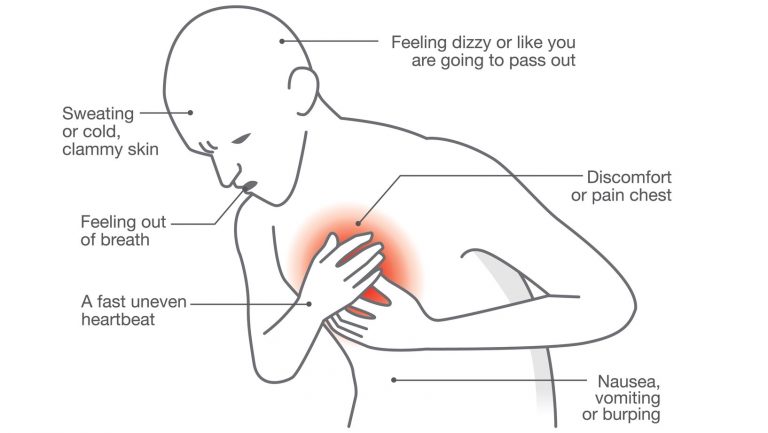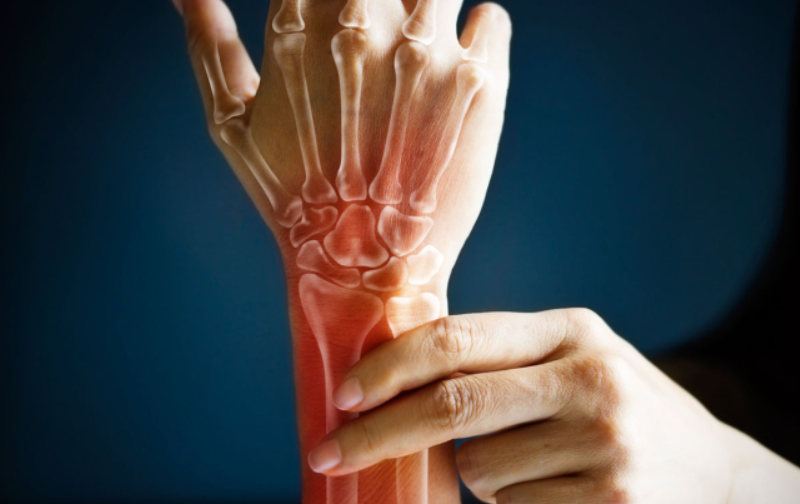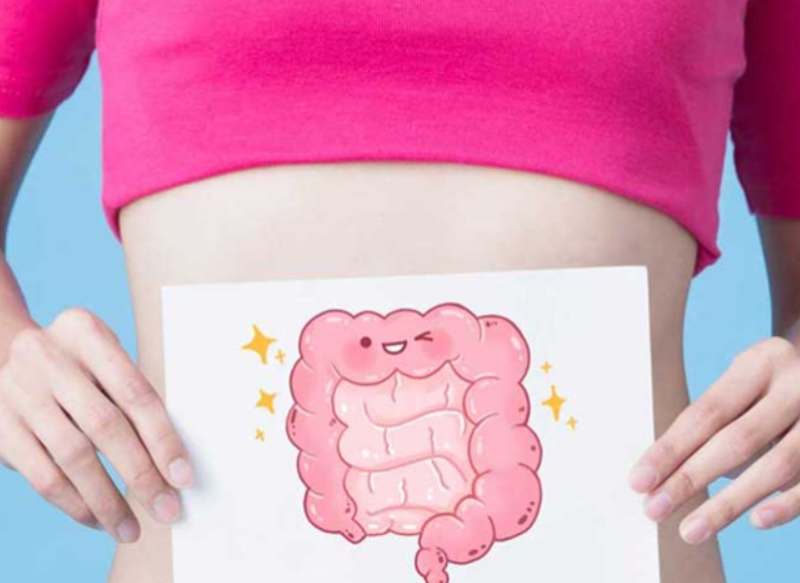A cardiac arrest is a dangerous condition that strikes suddenly and can be fatal in less than ten minutes. More than 350,000 Americans experience cardiac arrest each year, and it is 90% deadly when it occurs outside of a hospital.
An electrical disruption in the heart causes this illness, which is characterized by a sudden and unexpected loss of respiration, consciousness, and cardiac function. This disorder also affects blood flow to the rest of the body.
Although it is not the same as a heart attack, cardiac arrest can result from electrical abnormalities brought on by heart attacks. If not treated right away, cardiac arrest is a medical emergency that can result in unexpected death.
Its primary cause is an irregular heartbeat, or arrhythmia, which can be brought on by problems with the electrical systems of the heart. It is also referred to as fibrillation and is marked by erratic and quick electrical impulses that cause the heart’s ventricles to vibrate aimlessly rather than pump blood.
However, keep in mind that CA-causing arrhythmias typically develop in response to some other trigger, such as drugs, chest trauma, or an electrical shock, and do not typically happen in people with healthy hearts.
In the right chamber of the heart, there is a sinus node, which is a specialized set of cells that functions as its own electrical stimulator.
Find out more about: Drink Water First Thing in the Morning for 5 Important Reasons
In order to synchronize the heart rate and coordinate the pumping of blood from the heart to the body, it produces electrical impulses that travel through the heart. As a result, problems with the sinus node raise the risk of arrhythmia, which causes the heart to beat too quickly, too slowly, or irregularly.
However, being able to recognize a cardiac arrest is crucial. A person who has it falls, ceases responding to touch or speech right once, has a pulse that is nearly nonexistent, and may be breathing very faintly. Death can happen at any time, and brain damage could happen right now.
Half of the people who suffer from a cardiac arrest do not experience any symptoms, but the rest experience the following ones:
- Chest pain
- Heart palpitations
- Lightheadedness
- Fainting
- Irregular heartbeat
- Dizziness
- Flu-like symptoms
- Shortness of breath or wheezing
Diabetes, obesity, excessive alcohol consumption, smoking, a sedentary lifestyle, high cholesterol, a history of CA or a heart attack, old age, being a man, and usage of drugs like cocaine and amphetamines are all risk factors.
Additionally, people who already have a heart condition like coronary artery disease, which is marked by the occlusion of the arteries by deposits like cholesterol, cardiomyopathy (Enlarged Heart), in which the heart’s walls thicken or stretch, or congenital heart disease, a condition in which some people are born with a heart defect, are more likely to experience life-threatening arrhythmias.
People who have experienced cardiac arrest should follow these recovery tips to strengthen their heart:
- Consume heart-healthy foods
- Develop healthy habits, quit smoking and drinking, start jogging or running, and go on routine medical checkups
- Take vitamins
- Control your blood pressure and cholesterol levels
Here is a list of heart-healthy foods you should consume:
- Garlic improves heart health by lowering blood pressure and cholesterol
- Berries like strawberries, blueberries, blackberries, and raspberries boost heart health
- Avocados are full of heart-healthy monounsaturated fats
- Leafy green vegetables, like kale, spinach, and collard greens, which are all rich in vitamins, minerals, and antioxidants
- Beans contain resistant starch and lower cholesterol and triglycerides, lower blood pressure and fight inflammation
- Olive oil reduces blood pressure and heart disease risk
- Edamame boosts heart health
- Green tea lowers blood pressure, triglycerides, LDL and total cholesterol
- Whole grains like whole wheat, brown rice, oats, rye, barley, buckwheat and quinoa, which lower “bad” LDL cholesterol and the risk of heart disease
- Tomatoes are high in lycopene and lower the risk of heart disease and stroke
- Almonds are full of nutrients needed for optimal heart health
- Fatty fish and fish oil like salmon, mackerel, sardines, and tuna are rich in omega-3 fatty acids
- Walnuts lower cholesterol and blood pressure and are linked to a lower risk of heart disease
- Dark chocolate boosts heart health
- Chia seeds, flaxseeds, and hemp seeds are abundant in heart-healthy nutrients
After reading this text you can also read about: 10 Health Benefits of Jackfruit: It Can Cleanse Colon Toxins and Regulate Blood Sugar Levels!



